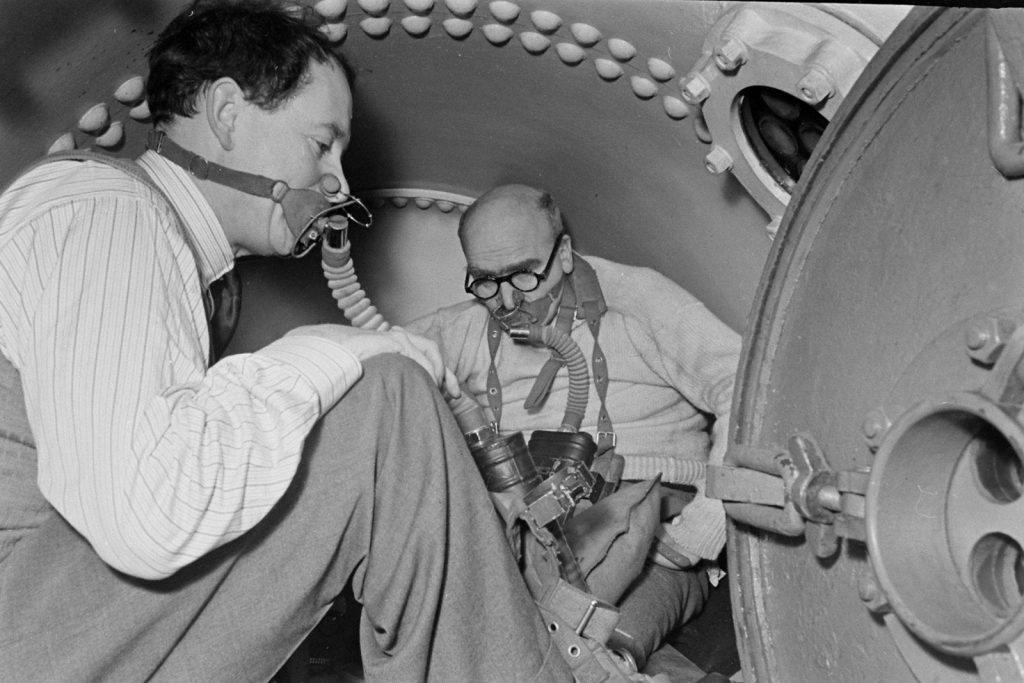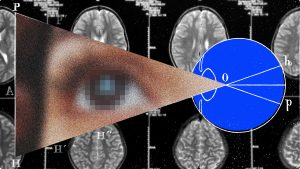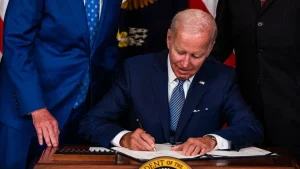Self-Experimentation Secrets: The Key to Winning War
2 min readThey Experimented on Themselves in Secret. What They Discovered Helped Win a War
During World War II, a group of scientists and researchers conducted daring experiments on themselves in...

They Experimented on Themselves in Secret. What They Discovered Helped Win a War
During World War II, a group of scientists and researchers conducted daring experiments on themselves in secret. These experiments ultimately led to groundbreaking discoveries that helped turn the tide of the war.
One of the most well-known examples of these self-experiments was the work of Dr. Albert Hofmann, a Swiss chemist. In 1943, Hofmann accidentally ingested a small amount of a compound he had been working on called lysergic acid diethylamide, or LSD. What followed was the world’s first intentional acid trip, during which Hofmann experienced intense hallucinations and altered states of consciousness.
Although initially alarmed by the experience, Hofmann soon realized the potential medical and psychological benefits of LSD. He and his colleagues went on to conduct further experiments with the drug, exploring its effects on perception, cognition, and emotions. These experiments ultimately laid the foundation for the use of LSD in psychotherapy and psychiatric research.
Another group of self-experimenters during World War II were the codebreakers at Bletchley Park in England. These mathematicians and cryptanalysts worked tirelessly to crack the German Enigma code, a feat that was instrumental in helping the Allies win the war. Through their tireless efforts and willingness to push the boundaries of conventional thinking, they were able to save countless lives and hasten the end of the conflict.
These examples highlight the importance of experimentation and innovation in times of crisis. By daring to think outside the box and take risks, these individuals were able to make significant contributions to the war effort and change the course of history.





